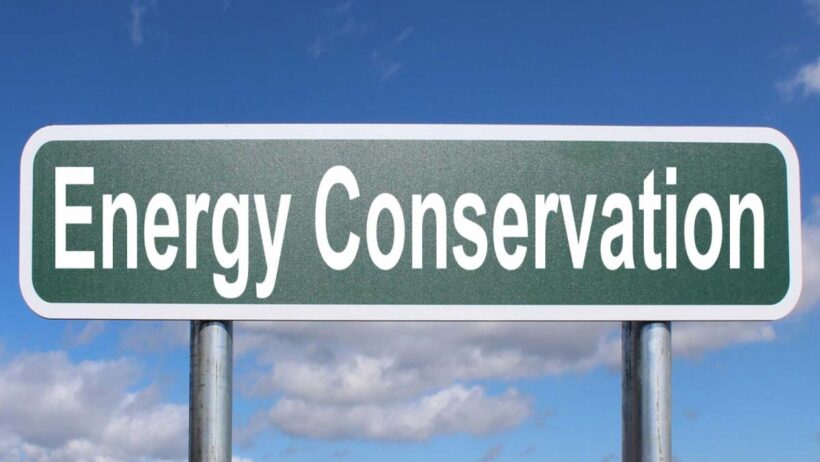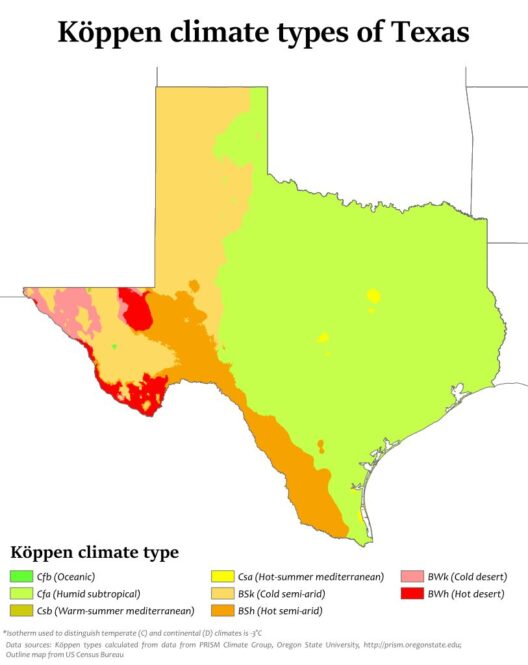In the vast tapestry of our planet’s ecosystem, energy conservation emerges as an indispensable thread, intricately woven into the fabric of environmental preservation. Much like a symphony where each instrument plays a crucial role, every action we take to conserve energy harmonizes with the broader goal of sustaining our Earth. The significance of energy conservation transcends mere savings; it represents a collective commitment to nurturing the planet we inhabit. Let us explore how conserving energy effectively contributes to environmental preservation, alongside strategies that yield tangible benefits.
Energy consumption is akin to the beating heart of modern civilization. However, excessive reliance on fossil fuels and other non-renewable resources has thrust our planet into an existential crisis. The consequences are stark: climate change, pollution, habitat destruction, and resource depletion. Energy conservation, therefore, acts as a lifebuoy in turbulent waters—its purpose being to mitigate the adverse effects of our consumption habits.
First and foremost, conserving energy directly reduces greenhouse gas emissions. Each kilowatt-hour saved is a step away from the carbon dioxide and other harmful gases—specters that loom over our future. When we choose more energy-efficient appliances or opt for LED lighting, we channel less fossil fuel-derived power. This shift diminishes the emissions released into the atmosphere and contributes to the day’s urgent demand: reversing climate change. Just as a solitary tree in a vast forest absorbs carbon dioxide, individual efforts cumulatively yield significant environmental dividends.
Furthermore, energy conservation promotes biodiversity. The extraction of fossil fuels often leads to habitat destruction, endangering countless species. By curtailing our energy consumption, we indirectly lower the demand for these destructive practices, allowing natural habitats to thrive. In this context, energy conservation morphs from a mere personal endeavor into a vital act of stewardship for every living organism on the planet. Imagine a world where forests flourish and wildlife roams free; this vision becomes increasingly attainable when we prioritize conservation.
To operationalize energy conservation effectively, various strategies can be employed. One of the most straightforward is the adoption of energy-efficient technologies. The modern marketplace brims with products designed to reduce energy consumption—think Energy Star appliances, smart thermostats, and solar panels. These innovations not only lower utility bills but also imbue a sense of responsibility. Each purchase becomes a manifestation of our commitment to environmental stewardship.
In addition to leveraging technology, changing our everyday habits can yield significant energy savings. Unplugging devices when not in use, utilizing natural light, and optimizing heating and cooling settings are simple yet impactful strategies. These adjustments, while seemingly modest, aggregate remarkably over time. They serve as a reminder that we wield the power to shape our environment one choice at a time. Picture a single droplet of water falling into a still pond; the ripples it creates extend far beyond its origin, illustrating the profound impact of individual actions.
Moreover, education plays a pivotal role in energy conservation. By fostering awareness about the environmental consequences of energy waste, communities can mobilize towards more sustainable practices. Workshops, seminars, and digital resources can enlighten individuals about efficient energy usage. This educational outreach nurtures a culture of sustainability, allowing the community to embrace energy conservation as a shared value. It ignites a collective fervor, reminiscent of a sparks igniting a larger fire, ultimately leading to transformative societal changes.
Moreover, energy conservation is inextricably linked to economic viability. The financial implications of reducing energy usage can empower individuals and businesses alike. For homeowners, energy-efficient upgrades translate into lower utility bills, freeing up resources for other essential needs. For businesses, operational efficiency can enhance competitive advantage. This relationship demonstrates that environmental concerns and economic interests often align, debunking the myth that sustainability requires sacrifice. Instead, embracing energy conservation unveils a pathway where economic growth and environmental health are not mutually exclusive but rather mutually reinforcing.
However, the journey towards energy conservation is not devoid of challenges. Large-scale changes, such as transitioning to renewable energy sources or implementing energy-efficient infrastructures, require political will, funding, and innovation. Engaging in policy advocacy becomes critical in this regard. Individuals can support legislation that promotes renewable energy initiatives, energy efficiency standards, and carbon reduction goals. Collective advocacy can create a political landscape where conservation flourishes, ensuring that future generations inherit a healthier planet.
Ultimately, the ethos of energy conservation forms the cornerstone of a sustainable future. It encapsulates a spirit of responsibility, accountability, and empathy—not just to our contemporaries but to those who will inhabit this Earth long after we are gone. As we conserve energy, we preserve the delicate balance of our ecosystem. We become stewards of the environment, guardians of biodiversity, and champions of climate action. In an era often characterized by disconnection and apathy, the act of conserving energy stands as a poignant testament to our shared humanity and a profound expression of hope.
As the challenge of climate change looms ominously, remember that energy conservation is a clarion call to action, urging us to make choices that resonate with the planet’s needs. By adopting effective strategies and nurturing a culture of sustainability, we can collectively weave a narrative of change. Let us seize this moment, keeping the shared vision of a vibrant, thriving planet at the forefront of our endeavors. The time to act is now, and energy conservation is our vital instrument in the symphony of environmental preservation.







